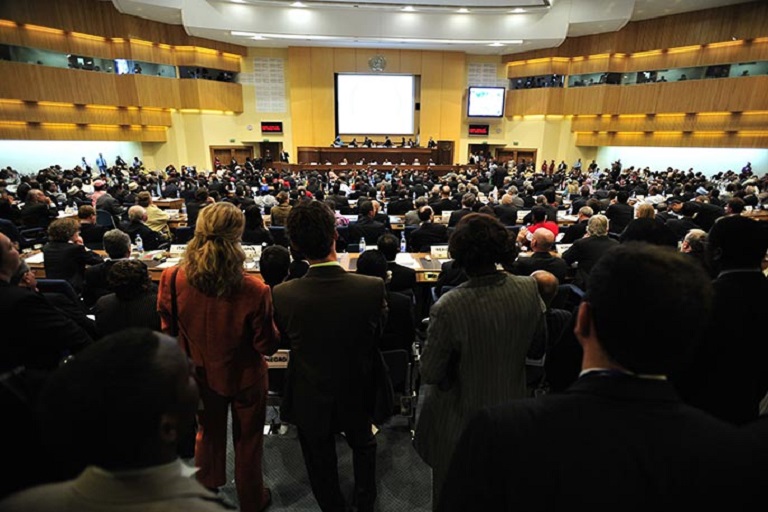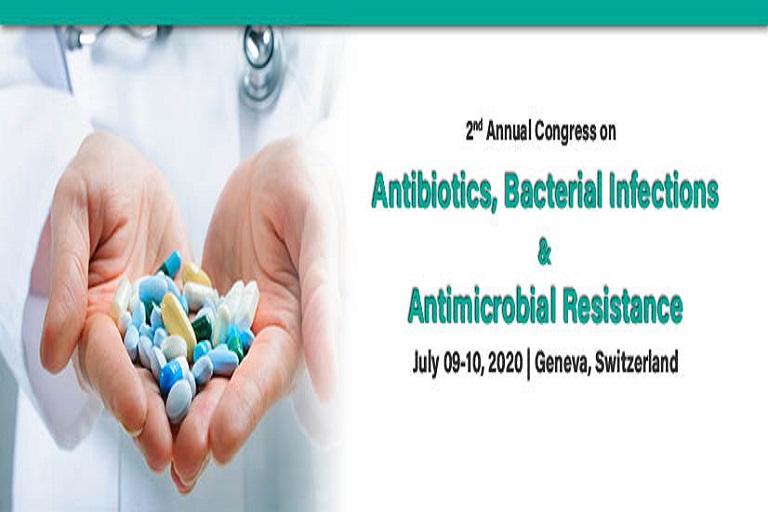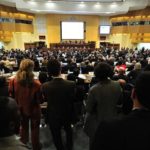For primary care physicians trained and working with paper records for decades, the introduction of health information technology, specifically EHR systems, into the exam represented a departure from traditional practice as well as a potential disaster if not approached appropriately.
“The EMR as a chart is a two-edge sword in medicine. It can do you more good, do the patient more good than just about any other tool we have, but also it has the capability of destroying a practice more completely than any other tool we have,” says Peter Anderson, MD, a primary care physician operating his own practice in Virginia.
After more than 15 years of successful practice, Anderson made the move to adopt an EMR system at the urging of his system in 1998 to disastrous results.
“I started practice in 1982, so by 1998 I had a pretty typical family practice and doing well. But our system wanted to go ahead and put us on an EMR,” he says, “By 2003, my office was a shipwreck. I had gone from 20 years of fairly successful practice to an office that was pretty much collapsing — we couldn’t pay the bills, my staff was unhappy, my patients were frustrated because I was never available.”
For a physician used to seeing more than 30 patients each day, the drop in productivity as a result of learning and using an EMR system came as a bit of a surprise and even prompted Anderson to consider closing his practice were that an option. “I would’ve quit medicine if I had a choice. I just didn’t have a choice. I was 50 years old and didn’t have any options,” he adds.
Despite his lack of early success with his EMR system, Anderson understood that the system was critical to his practice having any chance of becoming profitable again, which meant finding a solution to his “non-existent” computer and typing skills while enabling his clinical workflows to be efficient.
Eventually, Anderson looked to the kind of clinical collaboration that occurred in the operating room to develop model of EHR use that would solve his problems.
“It’s pretty much the model that a surgeon has in the operating room with the OR nurse,” he explains. “The theater performance for the surgeon is the OR. For us in primary care, it’s the exam room. Would you ever go into an operating room without the OR nurse? No, she’s too valuable. For some reason in primary care, the doctor walks in and the nurse walks out so inside this exam room we have no real help.”
What Anderson realized was that he could free himself up to practice medicine so long as he could train his nurses to take care of the electronic record and do so with him in the exam room.
“It took my five years to figure this out — that I did not go to medical school to input data. It took me five years to realize that,” he continues. “The input of the data actually removed for me the ability to practice medicine, so if I could jump over this hurdle of inputting the data, I could get back to practicing medicine.”
The primary care physician openly admits that the move was both a gamble and one motivated by a need to make money, but it paid off. “I did it 100 percent to make more money to pay the bills, but about a year or year and a half later we easily saw that the collections had gone up in a $100,000 the first full year of this change. By year two, it was up $200,000 a year. And that’s collections, not charges,” he reveals.
And it paid off in other significant ways as well. “I went home one night and told my wife casually that I’ve never given this kind of quality before,” he explains. “The key was to optimize the EMR and to use it but use it appropriately.”
This understanding of appropriate EHR use is the driving force behind Anderson’s current mission to educate primary care physicians as author of The Familiar Physician: Saving Your Doctor in the Era of Obamacare.
In light of what’s ahead for providers in the form of meaningful use, accountable care, and other initiatives and mandates, the notion that all these responsibilities fall squarely on the shoulders of physicians is misguided, argue Anderson.
“Now with meaningful use and PCMH qualification, all of that has been put back to the physician,” he says. “How can you do that? How can a system do that to their doctors if they want their doctors to see patients and do a quality job?”
As the case of Anderson and his practice proves, the solution to these challenges may very well come down to coordinating care within the exam room before extending the physician’s responsibility out further. Source




































